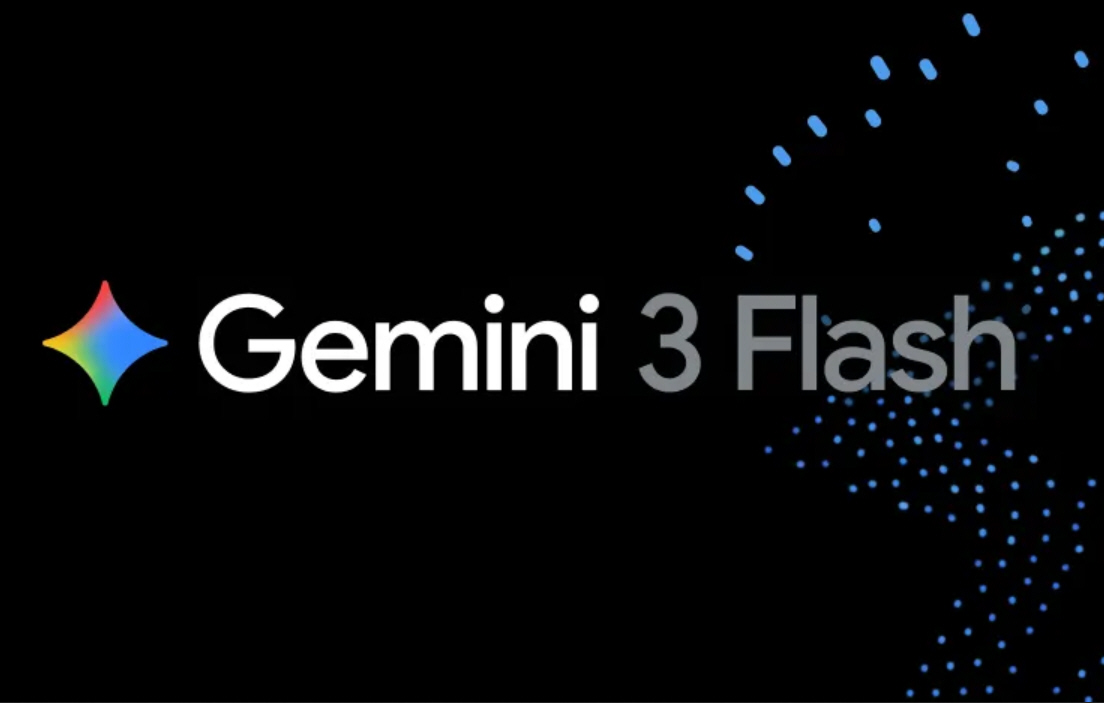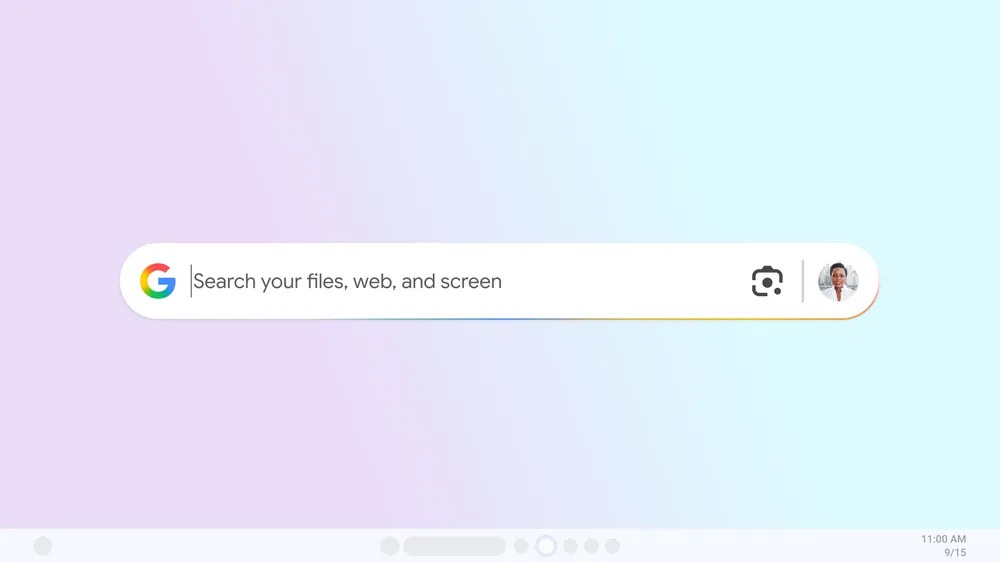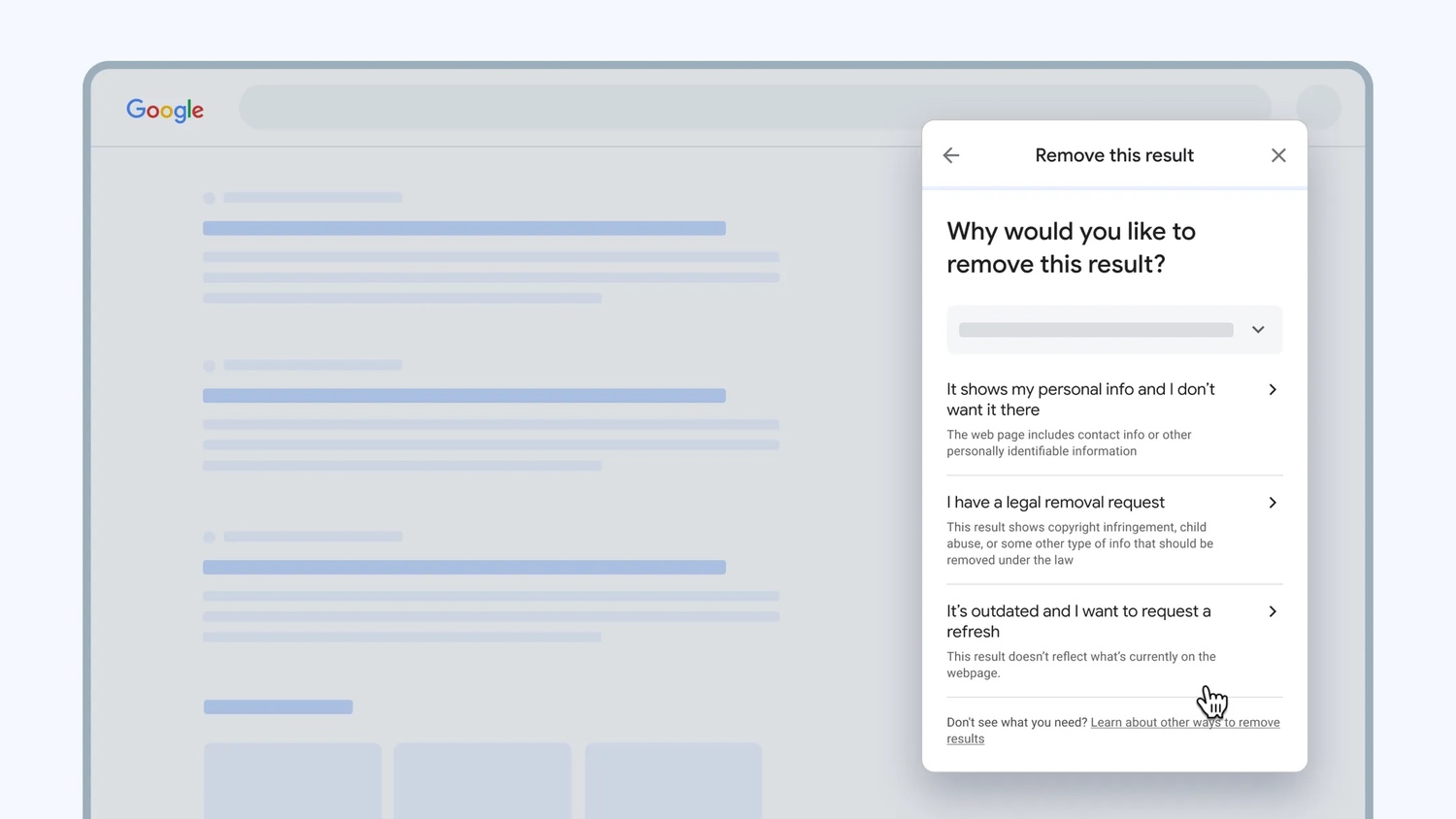
Google rolls out Gemini 3 Flash, a faster AI model for Search and beyond
Google has announced the arrival of Gemini 3 Flash, its latest AI model built to respond faster than earlier systems, while still tackling complex prompts when needed. The model is being introduced across Google Search and the Gemini app, with the goal of making everyday AI interactions feel nippier, without stripping away the AI's more advanced capabilities.
Gemini 3 Flash is the newest member of the Gemini 3 model family. It follows Gemini 3 Pro and Gemini 3 Deep Think, but is designed for a different role. Instead of treating every prompt as a complex problem, Flash adjusts how much effort it applies based on the task in front of it.

People search sites put healthcare workers' data at risk
A new study reveals the extent to which medical professionals’ personal information is publicly available online, leaving them vulnerable to stalking and other forms of threats.
The report from data privacy and personal data removal service Incogni looks at 768 medical department heads from major US hospitals to see what personal information is publicly accessible and shows some concerning results.

Google launches experimental Windows search tool app
Google has launched a new search app for Windows 11 which is already being likened to the Spotlight found in macOS. There is also Windows 10 support, but this may not be the case for very much longer given the operating system’s days are numbered.
This is a wide-ranging search tool, and, despite Google’s heritage, it is not limited to searching the web – although it does do this. Using a simple keyboard shortcut that works from anywhere (it is Alt + Space, if you are interested) the app can be used to search files stored locally, those in Google Drive, your apps, and more.

Consumers are putting more trust in AI searches
A new survey of over 2,000 consumers across the US, UK, France and Germany looks at how people are adopting, and trusting, AI tools to discover, evaluate, and choose brands.
The study from Yext finds that 62 percent of consumers now trust AI to guide their brand decisions, putting it on par with traditional search methods used during key decision moments. However, 57 percent still prefer traditional search engines when researching personal, medical or financial topics.

The searches that reveal the most common email mistakes
It’s known as an ohnosecond -- that moment just after you realize that you’ve made a mistake. Something that happens frequently with emails when you press send too soon, do reply all when you didn’t meant to, or just send a message to the wrong person.
A new study from ZeroBounce has analyzed search data from Google Keyword Planner to determine which email mistakes UK residents commonly make and need help fixing.

Google is changing the URL of its search engine for billions of people
Google is making a huge change to the most famous and widely used search engine in the world. And it is the global nature of Google search, and the internet in general, which is at the heart of the change.
For a very long time, Google has used different URLs for its search engine in different countries -- google.co.uk in the UK, google.es in Spain, for instance. But no more. The company has announced that different country code top-level domain names (ccTLD) are no longer needed and will not be used.

Google announces new healthcare tools and features, including advice from people with the same symptoms as you
When illness strikes, many people turn to 'Doctor Google' for health advice. While this can be helpful in many cases, searching for symptoms can also throw up some terrifying potential 'diagnoses', but AI has been used to try to avoid providing either fearmongering suggestions or unhelpful advice.
Google is aware that it is often a first port of call for people trying to work out what condition they may have and how to best approach treatment, and the company has announced numerous improvements and new feature to make its offerings more helpful and trustworthy -- as well as starting to provide suggestions from non-medical experts.

Need to search terabytes of enterprise data? Tips for getting quickly to that 4-leaf clover
If you find yourself in a springtime clover field hunting for that rare 4-leaf clover, the journey is the reward. Not so if you and your team are hunched over your desks hunting 4-leaf clovers in terabytes of enterprise data. While combing through millions of files is never a “walk in the park,” enterprise search makes this process exponentially more pleasant.
To enable instant concurrent searching across terabytes, enterprise search first has to index the data. Indexing is simple: just tell the indexer the folders, emails archives and the like to index, and the software will take it from there. (This article uses dtSearch for its specifics on enterprise search but there are other comparable products on the market.) Tip: the files to index can be local or remote like SharePoint attachments, OneDrive / Office 365 files, etc. that appear as part of the Windows folder system.

Googled yourself and found something you don't like? Google has made it easier to remove search results containing info about you
There is a high chance that there is information about you online -- there can be very few people for whom this is not true. While it is hard to avoid having an online presence, having personal information appearing in search results can be disturbing, even dangerous.
This is precisely why Google’s “Results about you” tool exists. Since 2022, it has been possible to request the removal of personal information from search results using this tool. Now a major redesign makes this process even easier, and lets you request the removal of outdated results too.

You might be done with last year's data; it might not be done with you
You close out one year, looking for a fresh start on the next. But old content doesn’t just disappear when you hang up a new calendar. There’s always a chance of something in previous data reemerging to challenge the plans you have for the upcoming year. While nothing can completely counter that possibility, enterprise search can help keep tabs on all information, past and present, to mitigate such a risk.
Enterprise search enables instant concurrent searching across terabytes after first indexing the data. A single index can hold up to a terabyte, and there are no limits on the number of indexes enterprise search can create and end-users simultaneously query.

Move over Google, LLMs are taking over!
When Google was founded in 1998, it ushered in a new era of access to information. The groundbreaking search engine wasn’t the first to debut (that was World Wide Web Wanderer in 1993), but it was the one that caught on. By 2004, Google was fielding over 200 million searches per day; by 2011, that number had exploded to about three billion daily searches. By that time, the word “Google” had morphed from just the name of the search engine to a verb that meant “to use an internet search engine.” Twenty years later, Google still dominates the market with an almost 84 percent share as of late 2023.
Though Google is still the most popular search engine, new technology has emerged that could threaten its supremacy -- LLMs. The use of this technology is growing at an astonishing rate. In fact, in February 2024, ChatGPT generated over 1.6 billion visits.

Google may lock AI search results behind a paywall
Aa a company synonymous with search and a love of AI, it is little surprise that Google is combining the two. But people familiar with the company’s plans suggest that AI-powered search features could have a price tag attached to them.
The move would be a first for Google as the company has never charged for any search product, and it could be a sign that ads are simply not bringing in enough money. It is something that has been described as a big change to its business model, but it is not clear if this is a sign of further search-related charges to come.

Cohesity launches gen AI search solution for business data
Businesses are dependent on data but extracting useful information in order to aid decision making, while ensuring it stays secure, can prove surprisingly difficult.
Cohesity Gaia, is the industry's first generative AI-powered conversational search assistant. Designed to help access organizations’ most important data to make smarter decisions faster, all while keeping data secure and compliant.

Enterprise search through terabytes: Why your findings will surprise you
You know that game where kids dive to the bottom of a pool to pick up toys? It is hard to see what the toys are when they are sitting there on the floor of the pool. It’s only when the kids fish them out of the water that it becomes clear what each toy really is.
It’s the same thing with data. It’s not humanly possible to read through terabytes of text in a few sittings. But let’s say you try. You can retrieve email after email in an email reader, "Office" file after "Office" file in each’s native application, and still miss something that enterprise search can reveal.

Search traffic trends in the crypto sector: Unveiling the digital gold rush
Search traffic trends offer a fascinating glimpse into the evolving interests and behaviors of investors and enthusiasts. From its early days, the crypto sector has witnessed seismic shifts that continue to shape its landscape. For instance, some investors diversify their portfolios by adding L1 Blue Chip Assets from various sectors.
As cryptocurrencies emerged from obscurity, Bitcoin led the charge, captivating the imagination of investors. But what do the search traffic trends reveal about this digital darling and its competitors?
